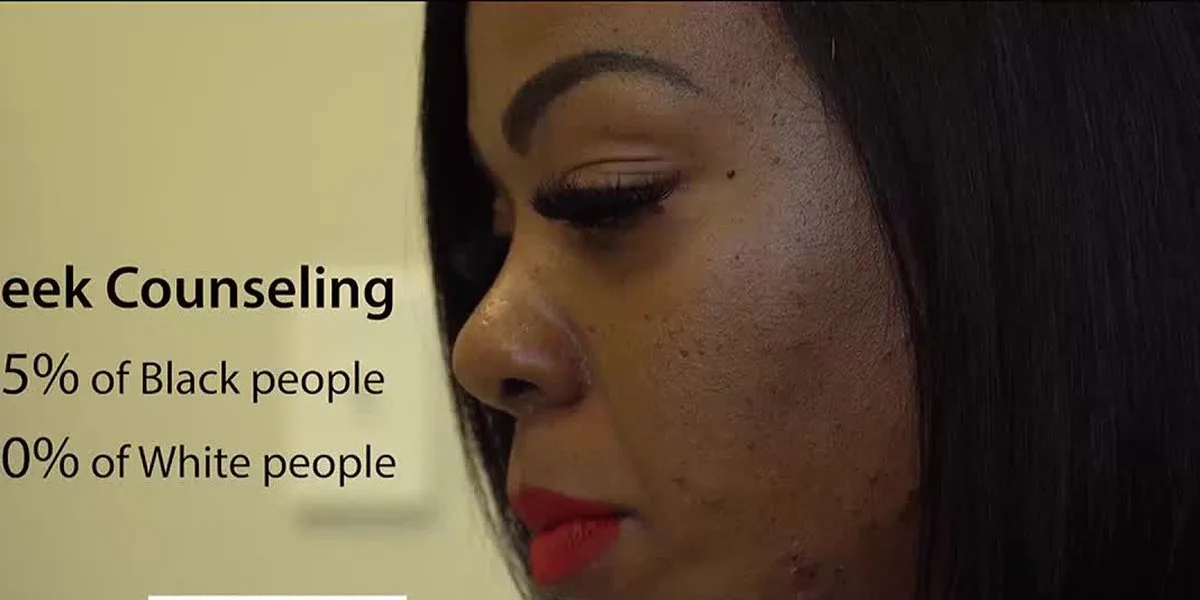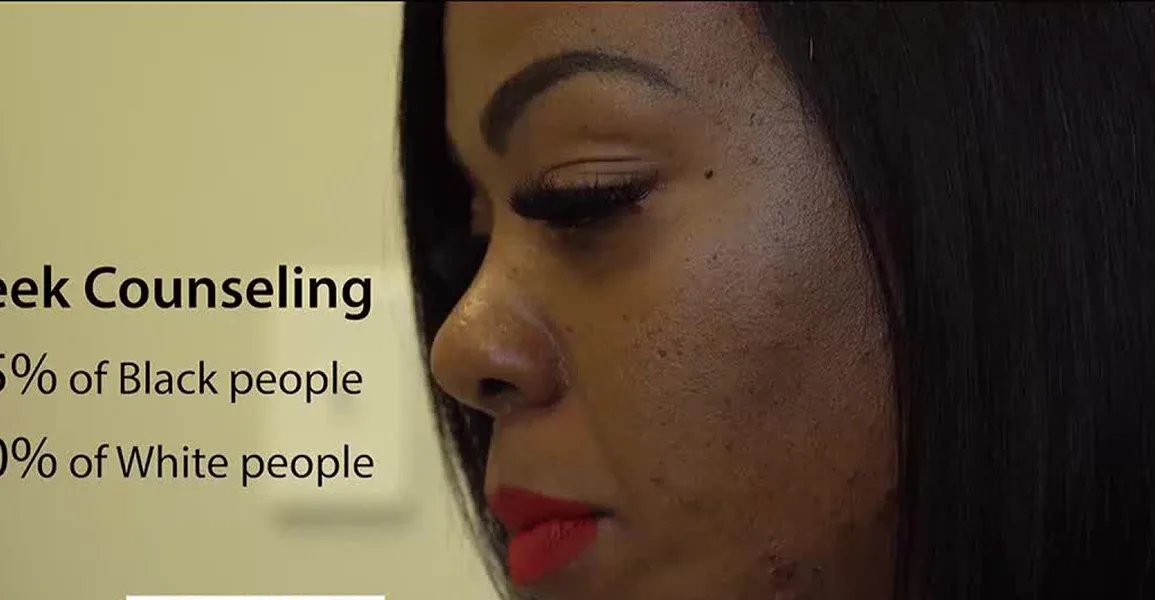
ORLANDO, FL (Ivanhoe Newswire) – As World Mental Health Day approaches on October 10th, it’s important to address the state of mental health, particularly within the Black community. Regretfully, in 2020, suicide ranked as the third leading cause of death for African Americans aged 15 to 24, as reported by the U.S. Department of Health and Human Services. However, mental health remains a largely taboo topic among Black communities. Cherlette McCullough, a licensed therapist at Center Peace Couples and Family Therapy, LLC, is working diligently to shatter this stigma. McCullough states, “There’s this dichotomy that, ‘If I don’t have a mental illness, I am mentally healthy,’ and that’s just not true.”
This misconception is widespread, and within the Black community, discussions about mental health are scarce. Studies reveal that only about 25 percent of Black individuals seek counseling, in contrast to 40 percent of their White counterparts. McCullough shares, “In our community, mental health is overlooked because it’s one of those things that you cannot touch, you can only feel it. Oftentimes when we can’t see those things, like a scar or a cut we are prone to ignore it.”
The stigma surrounding Black individuals and mental health traces back to the era of slavery. Enslaved individuals were perceived as lacking the sophistication to experience mental health issues. Yet, the traumas they endured then continue to impact Black communities today. Racial trauma stemming from historical and present-day events can result in mistrust, guilt, shame, anxiety, substance abuse, and cardiovascular problems. Cherlette McCullough emphasizes the healing power of sharing these feelings with experts or within social networks — “Counseling and therapy can definitely help the Black community. It gives you the power to be validated, to give you that hope that you need to look forward to a brighter future.”
When seeking a mental health counselor, it’s vital to assess their level of cultural awareness. Ask questions like: Have you treated other Black individuals? How do you see my cultural background influencing my treatment? Do you employ a different approach when working with people from diverse cultural backgrounds? If the answers don’t match your needs, continue searching for a therapist who understands and supports you.
Sources:
https://www.who.int/campaigns/world-mental-health-day
https://minorityhealth.hhs.gov/omh/browse.aspx?lvl=4&lvlid=24
https://www.mcleanhospital.org/essential/black-mental-health
Contributors to this news report include: Adahlia Thomas, Producer; Roque Correa, Videographer and Editor.
To receive a free weekly email on Smart Living from Ivanhoe, sign up at: https://www.ivanhoe.com/ftk/
Copyright 2023 WILX. All rights reserved.


